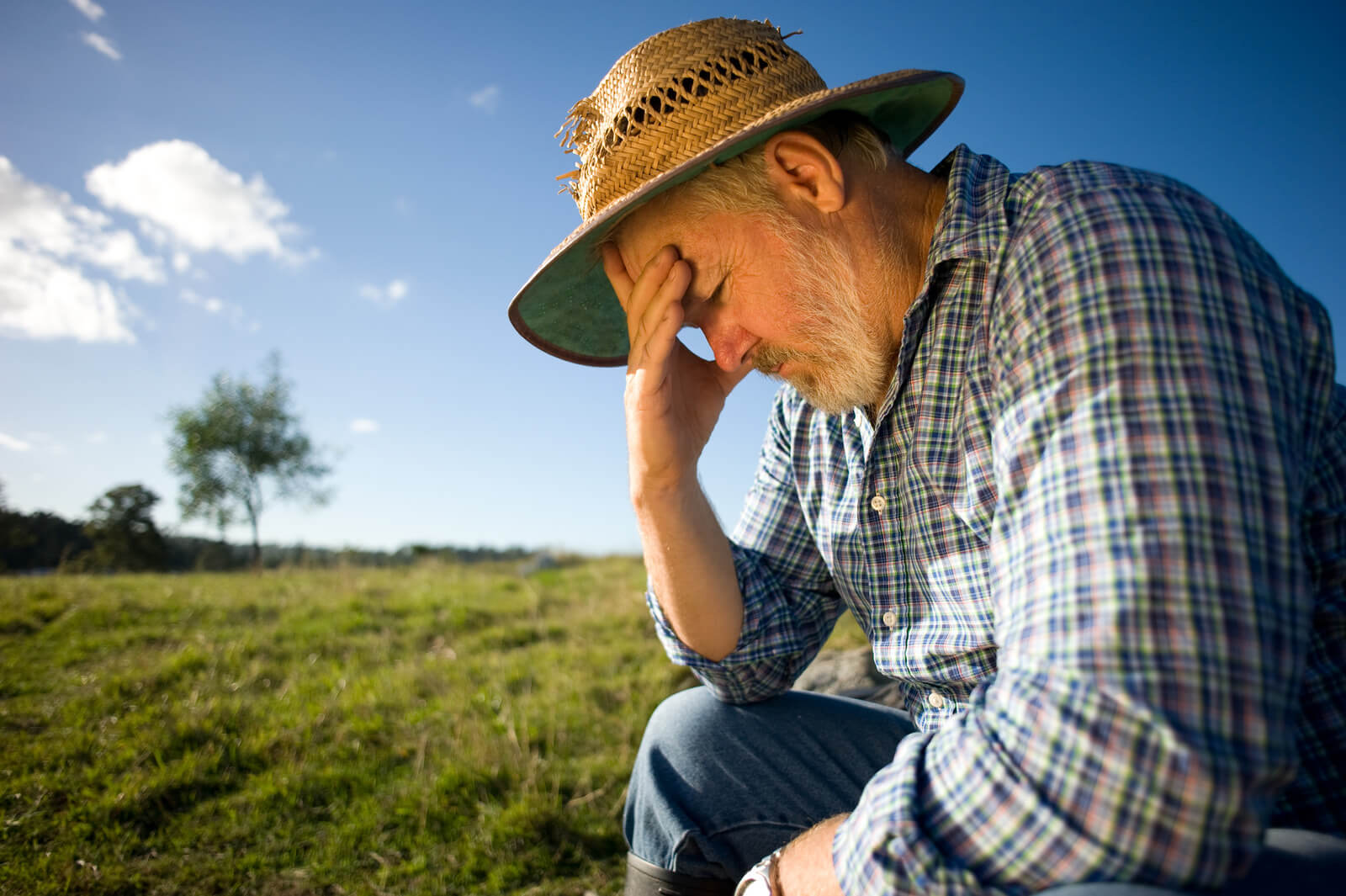
How do you know if it’s time to seek help?
Olivier explains that some important signs can be observed when our mental health declines. Recognizing these signs is paramount. Some possible characteristics of deteriorating mental health include difficulty sleeping, unexplained weight gain or loss, excessive worrying, persistent stressful-induced thoughts, a perpetual state of alertness known as hypervigilance, a loss of interest in previously pleasurable activities, and frequent bouts of crying.
I was surprised when he mentioned that certain signs can appear during particularly challenging periods, such as increased irritability or "short fuse", loss of motivation for daily tasks and even stomach aches, headaches and nausea, which a medical condition cannot explain. He explains that enduring these symptoms over a long time period warrants immediate attention. Olivier adds that suicidal thoughts or a loss of desire to live are also severe signs of distress that must be addressed quickly.
If you need help, there are resources specifically for farmers: for example, outreach workers who are social workers specially trained to assist the farming population, , can be a valuable source of support.
Take all Signs Seriously
In addition, Olivier stresses the importance of taking these signs seriously, even when we notice them in ourselves, even if they initially appear trivial. He reminds us that seeking professional support can be helpful, but leaning on family and friends for support can also be valuable.
A Few Tips on Getting Better
Establishing a healthy lifestyle, i.e. developing a good sleep routine, eating well and exercising regularly, is essential to wellness.
Finding time for yourself, whether it's by taking the time to rest, read, listen to music, or meditate, are small but impactful things that can seamlessly fit into your daily routine without making significant changes to your schedule. In times of need, a newly introduced meditation app, Présence Québec, offers free online resources.
